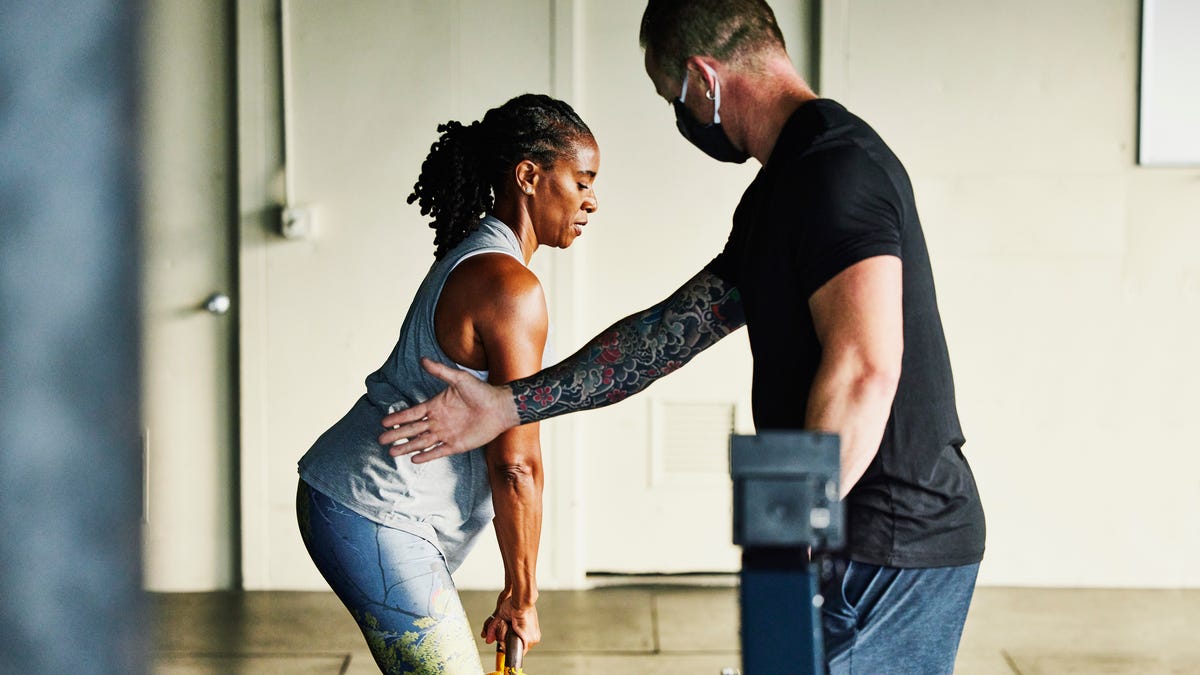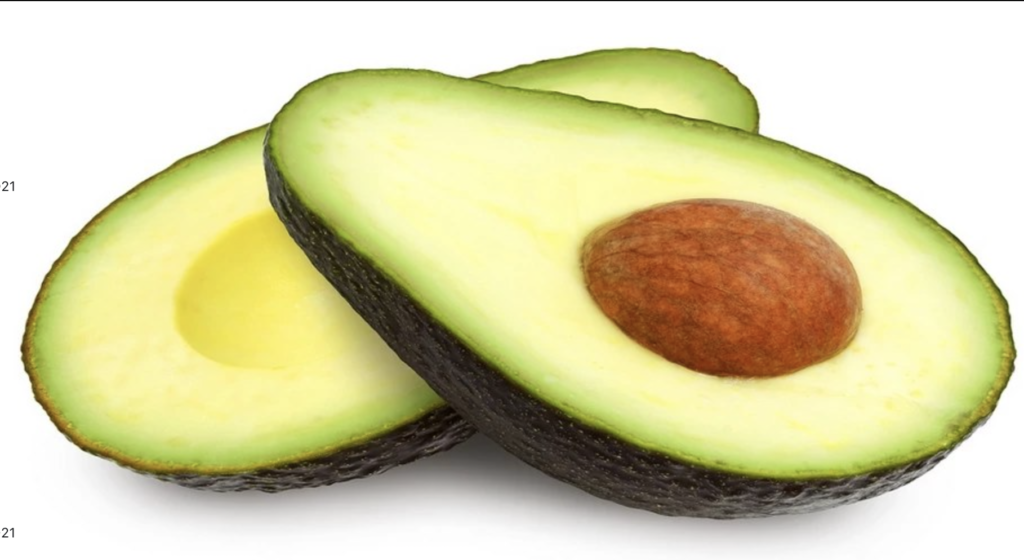Training Tips & Advice from a Personal Trainer

The main tasks or responsibilities of being a personal trainer are ;
- Evaluate clients’ fitness levels and health conditions.
- Build individualized exercise programs.
- Explain exercises in detail and suggest alternatives if needed.
- Monitor the progress of clients’ fitness levels.
- Explain the safe and proper use of gym equipment.
- Lead both individual and group training sessions

Why Is Healthy Living Important To You?
Question 1 – In your own words, can you sum up why you think actively taking an interest in nutrition and physical fitness can help people lead healthier lives?
- The regular practice of physical exercises in a programmed way gives the individual innumerable benefits of these benefits.
Here are some of the reasons why I think staying fit and healthy can help you.
- Improvement of self-esteem, reduction of the social isolation, stress relief, decrease depression, improvement of physical resistance, improvement of self-image, increased physical and mental well-being, improved lung function.
- However, we can’t forget diet. The way you eat is very important.
- Proper nutrition can prevent disease and make life healthier, nutrients are substances in foods that provide energy for the body to function, I always tell my clients “Without energy from food, you will not have enough energy to train properly.”
How Important Is Nutrition In Your Training?
Question 2 – Overall, how important do you think nutrition is when it comes to lifestyle, and why?
- Having a natural diet that has great nutrients, helps to lead a long and healthy life.
- If someone has bad eating habits this attitude can cause serious health problems such as stress, obesity, cardiovascular problems, hair loss, and some serious diseases.
- Therefore, I do truly believe that good nutrition is just as important as physical exercise.
What Nutrition Practices Do You Follow?
Question 3 – As a personal trainer, what methods and techniques do you use to ensure your nutrition is in good shape and your weight is manageable? For example, do you count calories, macros, protein content etc.
- I have a healthy lifestyle, and my daily nutrition intake ensures I lead a fit and healthy life. I eat fruits, vegetables, good carbs, good fats, and protein, but without dietary restrictions. However, I don’t cut everything out of my diet. I do eat things like chocolate and crisps etc but not often.
- Healthy living is eating real food for at least 90% of your total diet. When I have a goal for my body, I request a diet from my nutritionist and follow this diet strictly.
How Often Do You Train To Stay In Shape?
Question 4 – How many times per week do you physically work out to ensure you stay in great shape?
I like to train at least 4 times a week to keep myself in great shape.
What’s Your Favourite Cardio Workout?
Question 5 – For cardio fitness what is your favorite exercise type and why?
- I conduct Spinning Classes and also do Step Aerobics for members which keeps me in shape
- I like to do my cardiorespiratory training on the bike or stair climber it is a pleasant way to perform aerobic exercise.
- HIIT is also a training method I do because I can perform a high-intensity workout in a short time.
- Sometimes I do boxing sessions and this is also some cardio exercise
What’s Your Favorite Strength Exercise?
Question 6 – For muscle building and strength what are your favorite exercise types?
- Free weights are my normal go-to exercise type for building strength.
- However, bodyweight training can really help too.
- Body weight exercises can easily be done at home or outdoors with no equipment.
In Summary.
Top 10 tips when it comes to personal training, physical fitness, and nutrition
- Keep an active life. Try to lead a more active life by walking to work or walking with friends.
- Practice physical activity regularly, even at least twice a week. Choose a physical activity you enjoy and get started.
- Try to eat properly. A balanced diet with fiber, carbohydrates, protein, and low fat will greatly help maintain your body weight.
- Make sure you have adequate rest by ensuring 6 to 8 hours of sleep daily.
- Proper hydration is critical to maintaining physiological processes.
- Depending on the type and intensity of exercise, up to 3 liters of water per day will be required.
- If the problem that prevents you from following a physical training plan is lack of time, invest in more vigorous physical activity, as more intense exercise, even for short periods of time, increases your calorie expenditure and contributes to your improvement.
- In your training routine include cardiorespiratory exercises (walking, running, swimming, water aerobics), muscle strength (bodybuilding, functional training), and work your flexibility.
- Avoid drinking alcohol, soft drinks and eating too much sugar.
- After starting an exercise program control your anxiety to expect results only in the medium to long term. At first, focus on good posture while performing the movements, on your concentration, and have fun with your movements.



